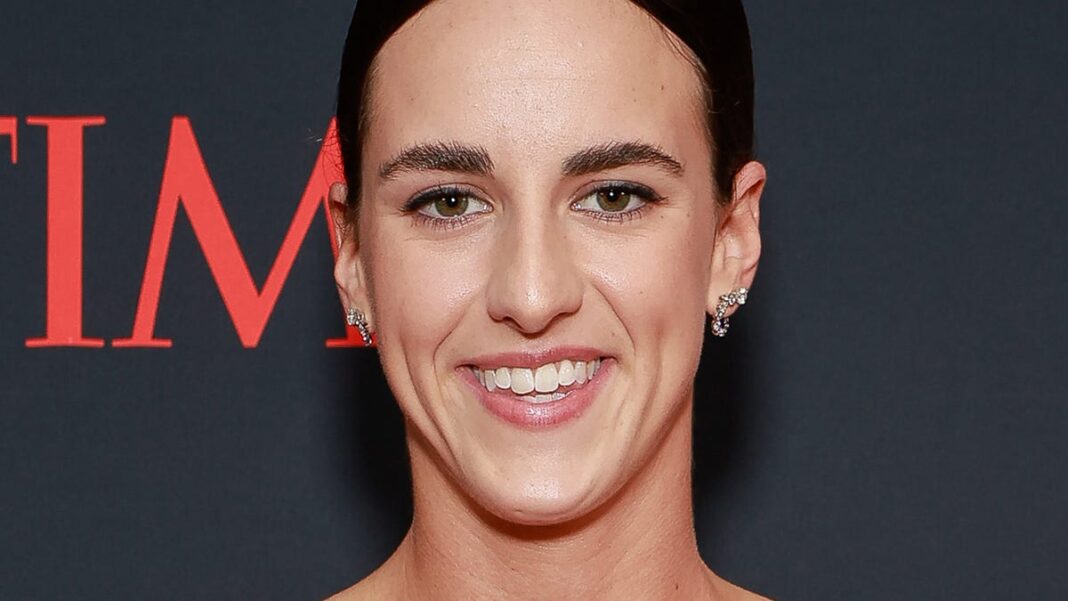Editorial: Caitlin Clark should not apologize for acknowledging white privilege
Recently, some racists and bigots have had a tough time after Caitlin Clark made it clear that she is not one of them.
Clark openly acknowledged the influence of white privilege on her success, pointing out that Black women who helped pave the way for the current interest in women’s sports never received the same recognition she enjoys. When conservative commentator Megyn Kelly criticized her for this perspective, Clark stood firm.
“I believe I’ve earned every opportunity that’s come my way during my career. However, I grew up loving this league from an early age,” Clark shared on Wednesday in response to Kelly’s remarks.
“My favorite player was Maya Moore. I understand what this league signifies.”
Maya Moore was a dominant force in the WNBA, leading the Minnesota Lynx to four championships in seven years and securing MVP titles in both the regular season (2014) and the WNBA Finals (2013). With her Olympic gold medals and numerous accolades from UConn, she is arguably one of the greatest players ever.
However, Moore’s influence extended beyond basketball. She was a key advocate for social justice in the WNBA, being one of the first athletes to challenge systemic racism and move to rectify the wrongful conviction of her now-husband.
Clark often speaks about how much Moore inspired her, a sentiment that goes beyond just athletic prowess.
“As I mentioned, the WNBA has been around for over 25 years. Many extraordinary Black women have played in this league, and it’s vital to continue to uplift them. I’m very mindful of that,” Clark told Maria Taylor during an interview at the “A Year in TIME” event, where she was recognized as athlete of the year.
Few young athletes match the thoughtfulness and clarity of expression that LeBron James and the U.S. women’s national soccer team exhibit in standing against hate and minority marginalization. For a time, it appeared that Clark was not as vocal, as her responses to the racism and homophobia directed at other WNBA players often only came when specifically prompted.
Nevertheless, those who assumed Clark tacitly supported the hate-filled comments directed at her by some supposed fans, such as a woman who mocked Black players during a playoff game, are now understanding how mistaken they were. They also misjudged her awareness of the issues surrounding them.
She is fully aware. All of it. And she rejects it.
“I want to affirm that I’ve earned everything I’ve achieved, but as a white person, privilege exists,” Clark noted in her TIME feature. “Many of the remarkable players in the league have been Black. This league has largely been shaped by them. It’s crucial to value, highlight, and enhance that. We need brands and companies to invest in these players who have made this league great.”
“I shall continue striving to make a difference,” she insisted. “Elevating Black women is vital, and it will be a beautiful outcome.”
This isn’t “self-flagellation,” as Kelly disparagingly called it. It is not “condescending” or “fake.” Instead, it’s a young woman acknowledging that, while she has indeed worked tirelessly to achieve her success, she also benefits from a society that prioritizes white individuals.
People like Kelly, who sadly have many counterparts currently, seem to view recognizing privilege as admitting weakness. They seem to believe that acknowledging privilege implies they are not deserving of their achievements or that they lack uniqueness.
It’s possible that may be the case!
However, privilege merely signifies that if you are white, male, or fit a cisgender appearance, society often gives you a head start unknowingly. This is why a white individual may be welcomed warmly in a store, while a Black person might be followed. It explains why a man is presumed competent for a job while a woman is seen as unqualified no matter her credentials. It highlights the disparity where someone who appears heterosexual can live openly without scrutiny while someone who identifies as LGBTQ may face continuous policing of their existence.
This is also the reason why a straight, white woman recognized for her shooting skills receives celebration, while equally gifted Black women remain in obscurity—especially those who identify as LGBTQ.
Caitlin Clark’s contributions have already enriched women’s basketball. Her recent remarks indicate that society may improve as well. While this may infuriate Kelly and some of her purported fans, it is likely to please Moore.

